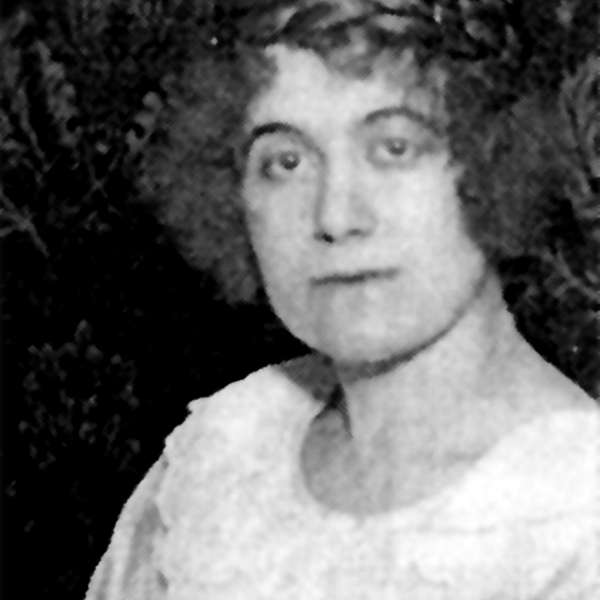17
MARIE-LOUISE GIRAUD
FRANCE
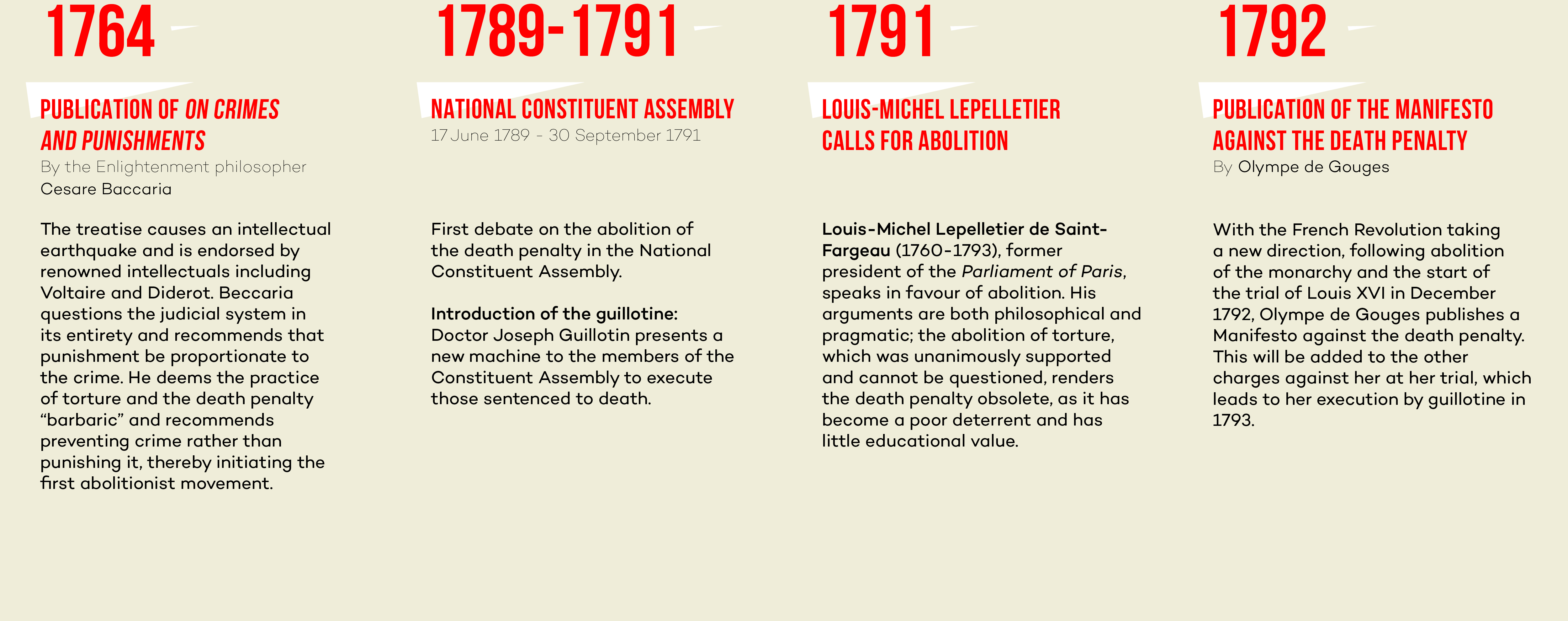
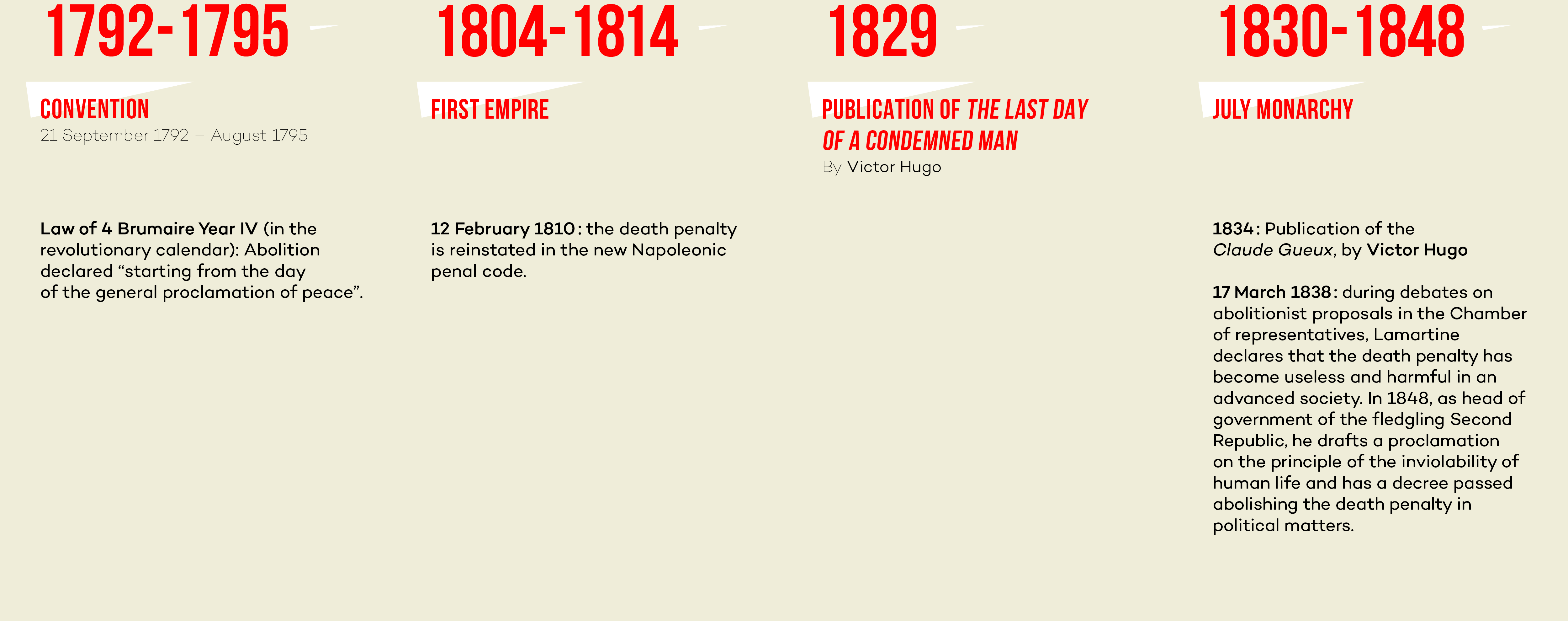
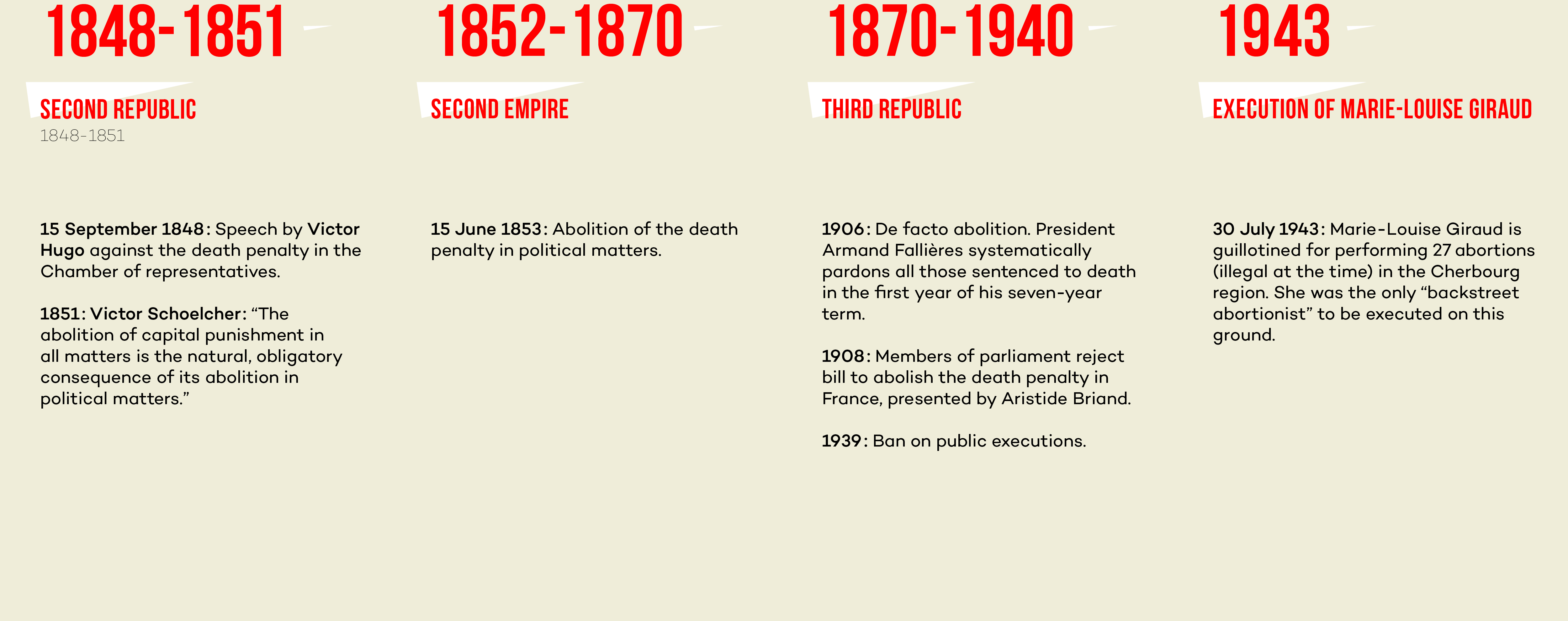
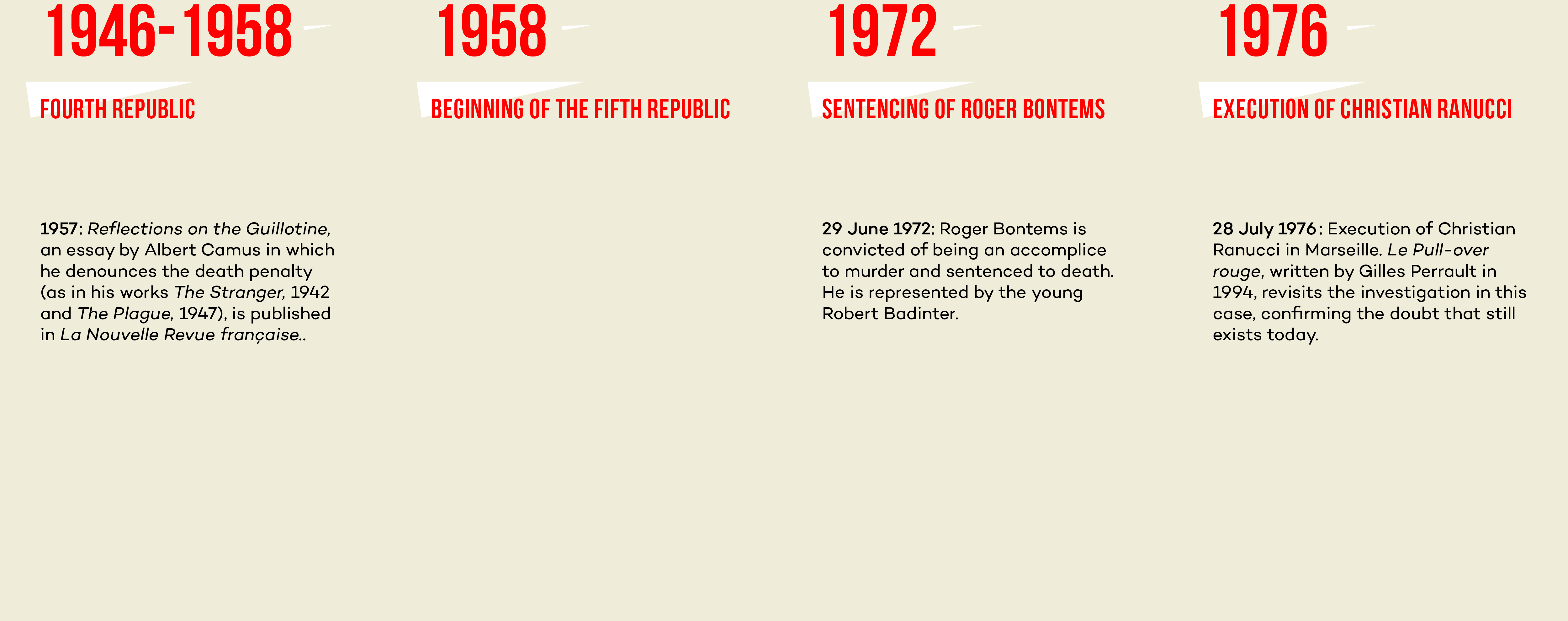
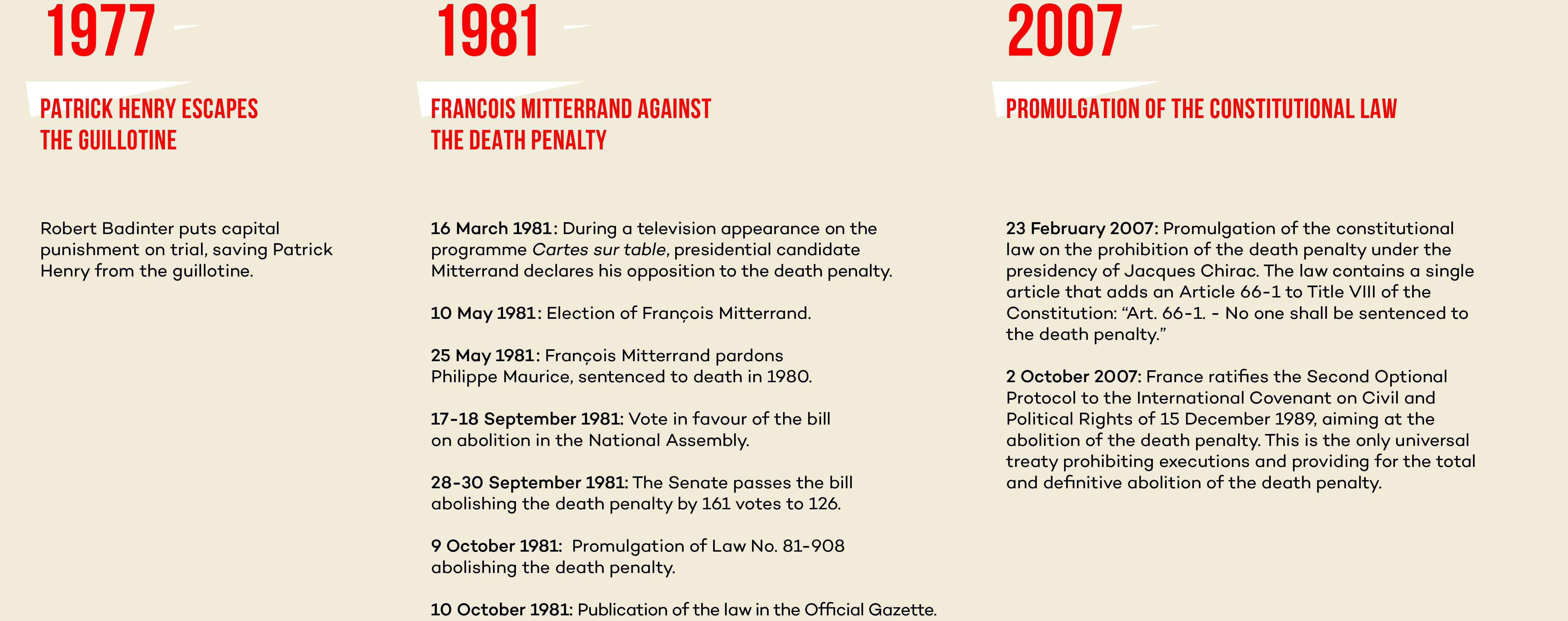
In the second half of the 19th century, capital punishment was rarely used against women. Article 25 of the Penal Code provided that if a woman sentenced to death claims to be pregnant, she would not be executed until after she had given birth. Mothers who committed infanticide were less likely to be sentenced to death. Thus, following the execution of Georgette Thomas on 24 January 1887 for having burned her mother alive, believing her to be possessed, there were no executions of women. Thomas was the last woman to be guillotined in public. The conditions of the execution were so distressing that the public executioner, Louis Deibler, asked to be exempted from this kind of exercise in the future. De facto abolition of the death penalty for women had taken place. Thereafter, successive presidents systematically pardoned women sentenced to death by juries in assize courts. However, under the Vichy regime, Marshal Pétain was less lenient. He refused to pardon five women for ordinary crimes. They were executed in prison by guillotine.
The first on this morbid list was Élisabeth Lamouly, widowed name Ducourneau, who was convicted on 26 April 1940 by the Gironde Assize Court for poisoning her mother and husband. She was executed on 8 January 1941 in Bordeaux in the Fort du Hâ. The execution was described as a difficult one: the condemned woman was guillotined naked, after she refused to be dressed, the idea of being decapitated having driven her mad. Then, it was the turn of Georgette Monneron, née List, executed on 6 February 1942 for having, together with her husband, killed their 4-year-old daughter through ill-treatment. Germaine Legrand, née Besse, was executed on 8 June 1943 in Saintes for having killed her husband’s 8-year-old son. Czeslava Sinska, widowed name Bilicki, was guillotined in Chalon-sur-Saône on 29 June 1943 for killing and dismembering her husband with the assistance of her lover.
Marie-Louise Giraud, née Lempérière, was sentenced by the State Court, Paris section, for having performed 27 abortions in the Cherbourg region. The Law of 15 February 1942 deemed abortion a crime against the State. She was executed on 30 July 1943 at 5.25 am, in the courtyard of the Petite Roquette Prison. Thirty years later, in Les hommes aussi s’en souviennent, Simone Veil wrote that at the end of the 1950s, when she was working in the prison administration, the case still haunted many secretaries. The case had “deeply traumatised them”. Claude Chabrol picked up the story and made a film about it, Une Affaire de femmes, which was released in 1988, with Isabelle Huppert in the role of Marie-Louise.
It should also be recalled that a man, Désiré Pioge, was executed for the same acts. A horse-gelder in Saint-Ouen-en-Belin in Sarthe, he was charged before the State Court with three abortions on 12 August 1943. Sentenced to death, his petition for mercy was rejected by Marshal Pétain’s civil cabinet on 11 October. He was executed on the 22 October 1943.
However, executions of women did not cease with the return to a Republic. President Vincent Auriol also refused to pardon four women between 1947 and 1949.
Finally, the wife of a gendarme, Madeleine Mouton, was executed on 10 April 1948 in Sidi-Bel-Abbès, in French Algeria, for having poisoned eleven people (four of whom survived). She was the first and only woman executed by guillotine in Algeria during the French colonial period.
All these women were beheaded by the executioner Jules-Henri Desfourneaux, with the exception of Madeleine Mouton, as French Algeria had its own executioner, Maurice Meyssonnier.
From 1949 onwards, all women sentenced to death on French territory were pardoned. The last one was Marie-Claire Emma and her sentence was commuted by President Pompidou following her conviction on 26 June 1973 for the murder of her husband.
Marie Bardiaux-Vaïente
- movie
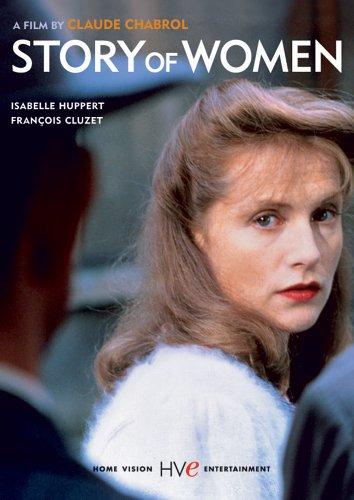
Story of Women
Directed by Claude Chabrol
Main actors: Isabelle Huppert, François Cluzet, Nils Tavernier, Marie Trintignant
Production Companies: Les Films du Camélia, Les Films A2, MK2 Productions, La Sept
Native country: France
Genre : drama
Duration: 110 minutes
Release date: 1988
Mary, a mother, agrees to help a young neighbor get rid of an unwanted child. Encouraged by the success, she begins a process that will make her an angel maker and an adulteress. But the harshness of life under the Vichy regime catches up with her, she is denounced by her husband and ends up being guillotined as an example.


